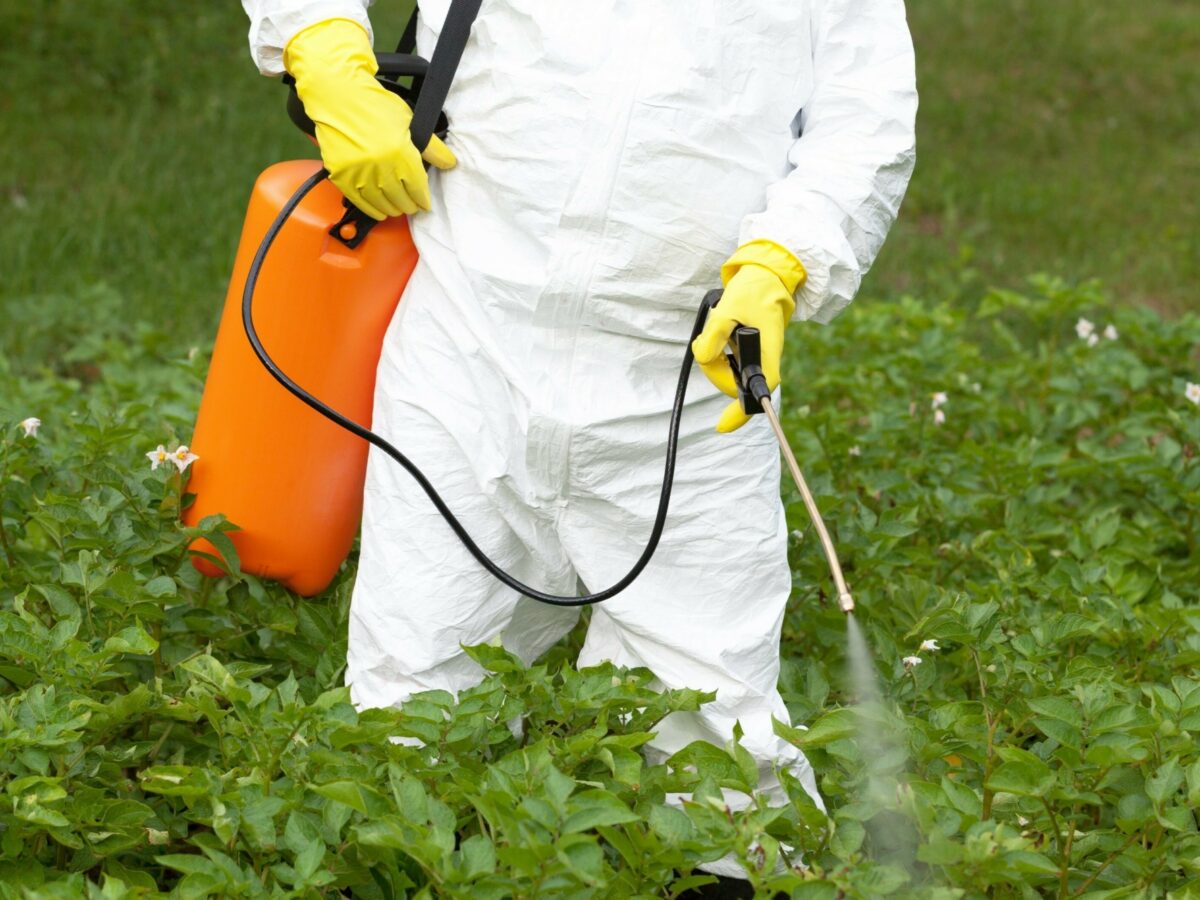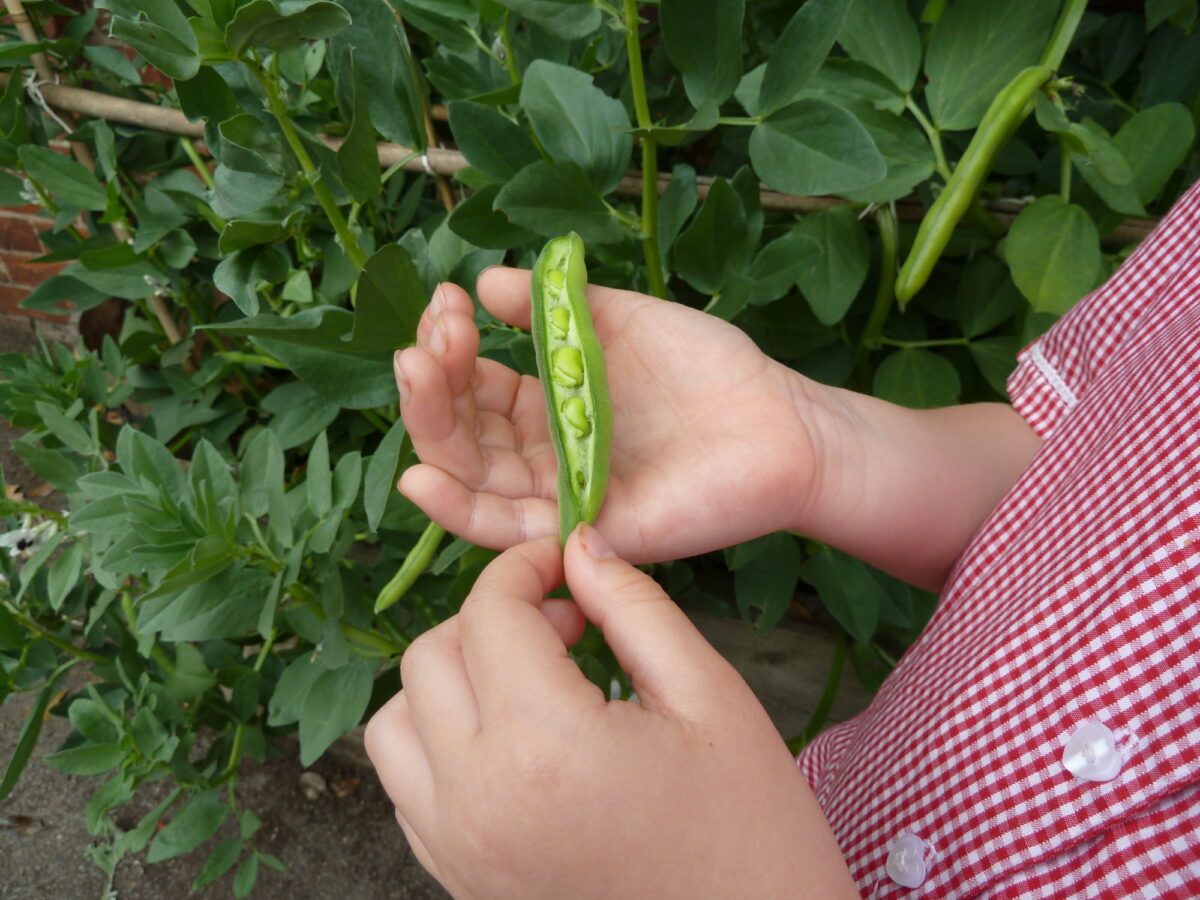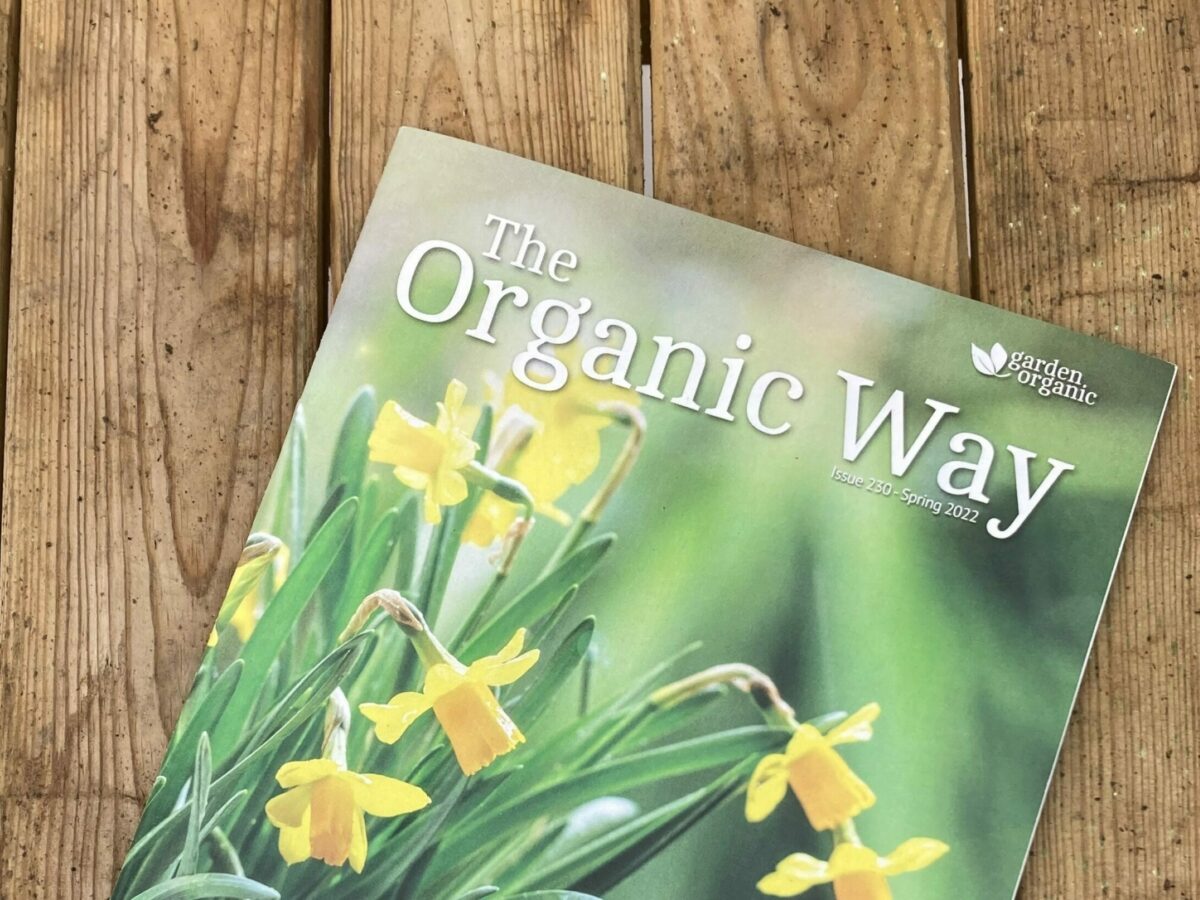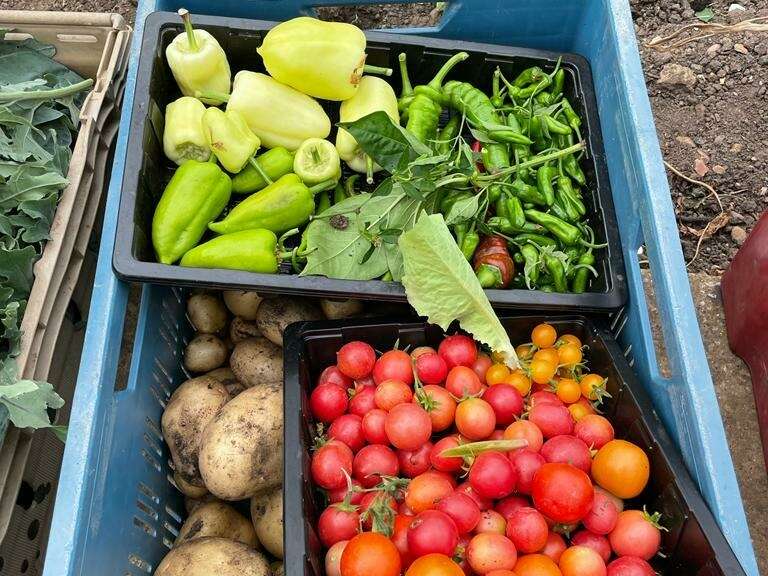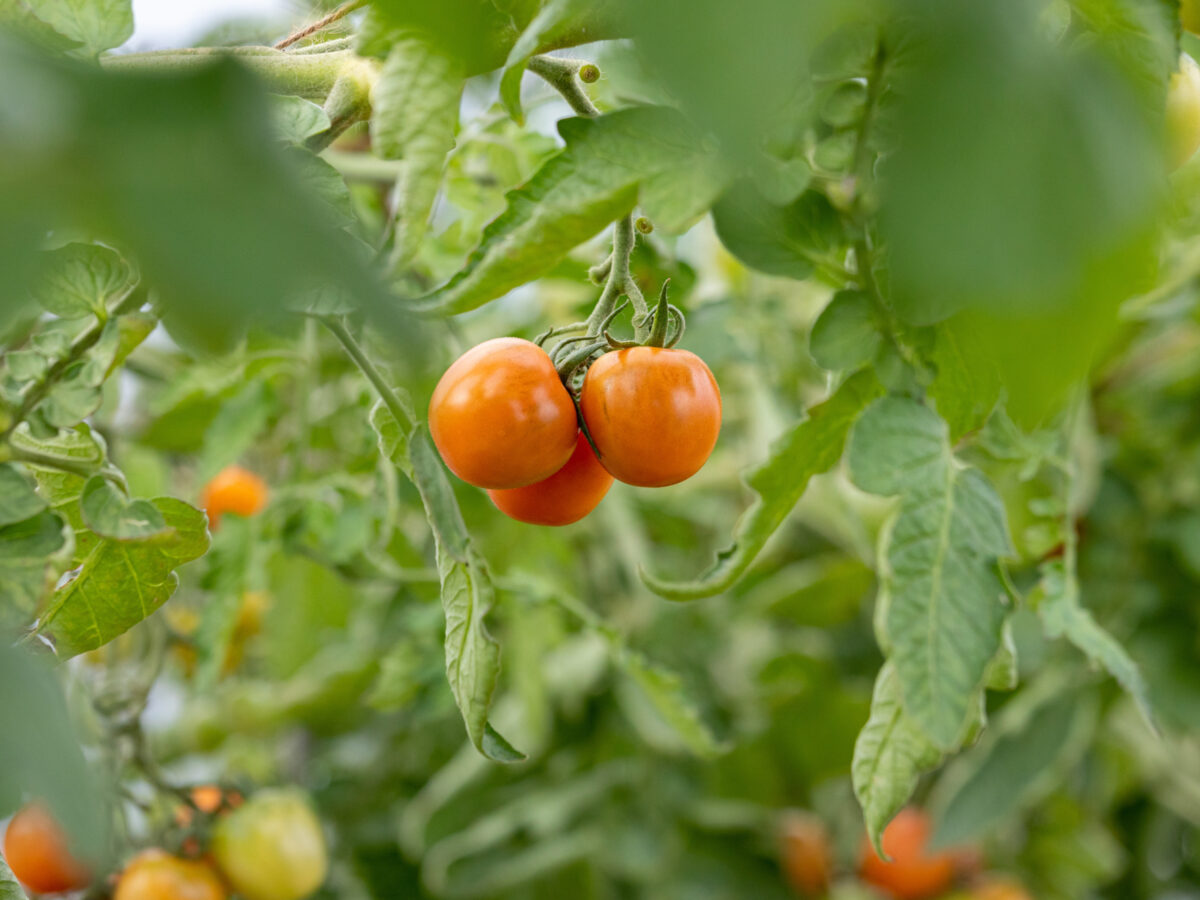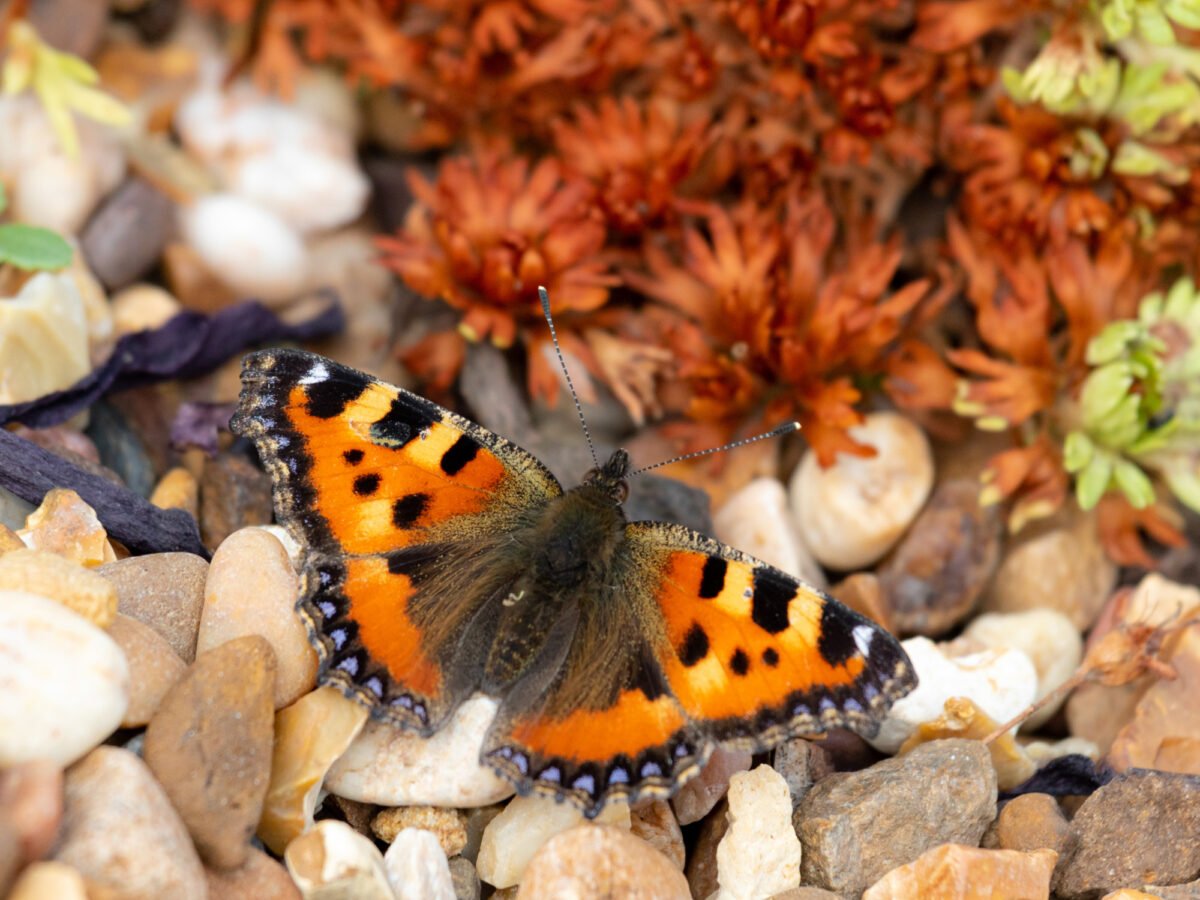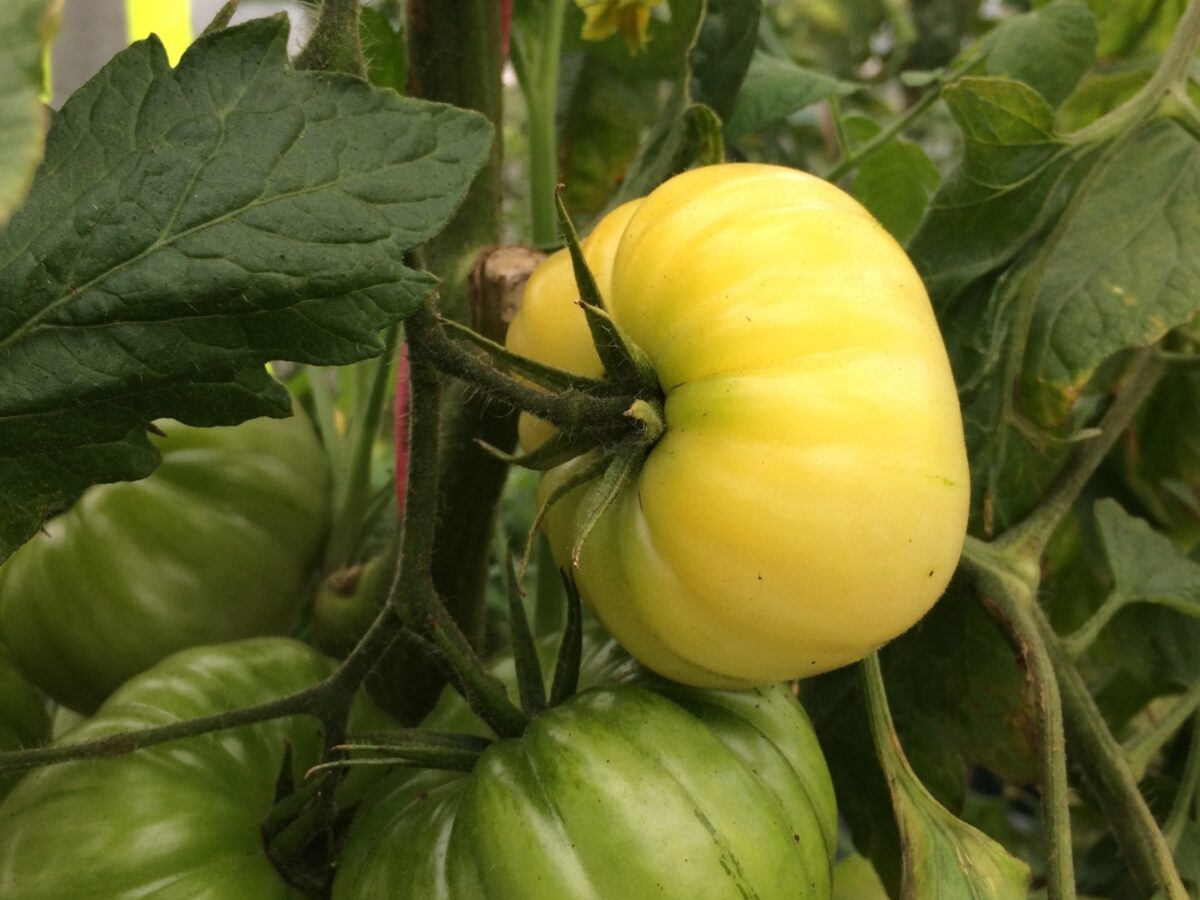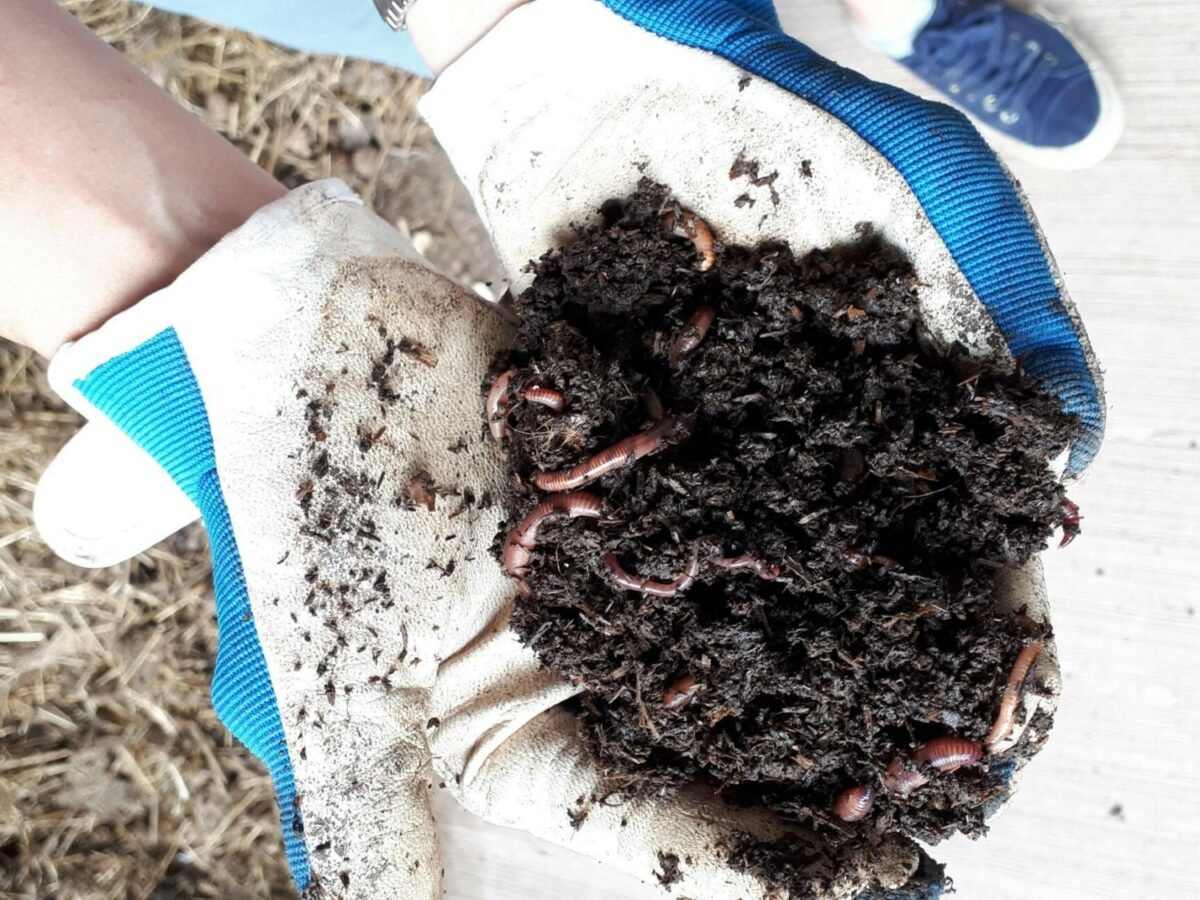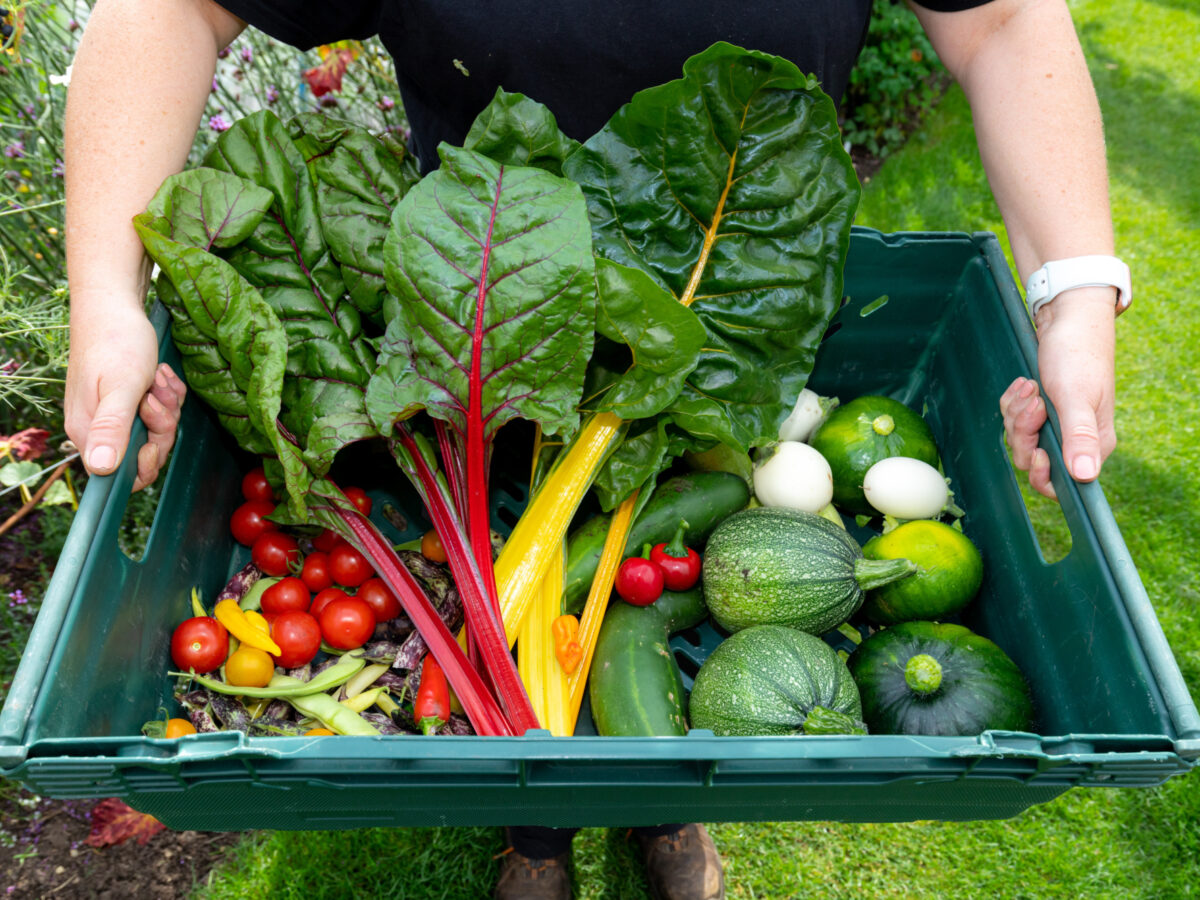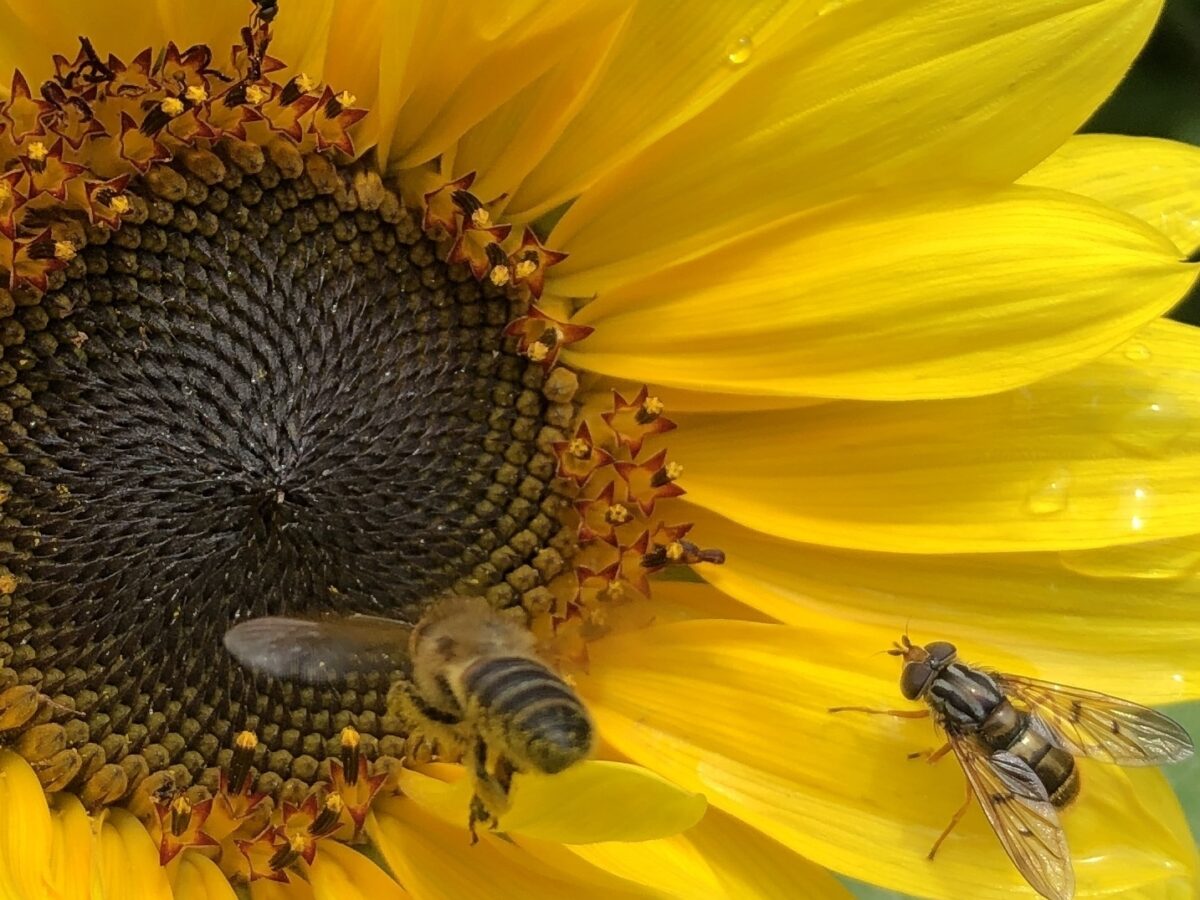
Terrifying loss of insects worldwide
The number of insects is falling at such a perilous rate that if nothing is done to halt the decline, our own future could be at risk. This is the conclusion published in a new paper in the journal Biological Conservation. The review looked at 75 different studies covering a range of insect groups from around the globe, and the results are startling.
